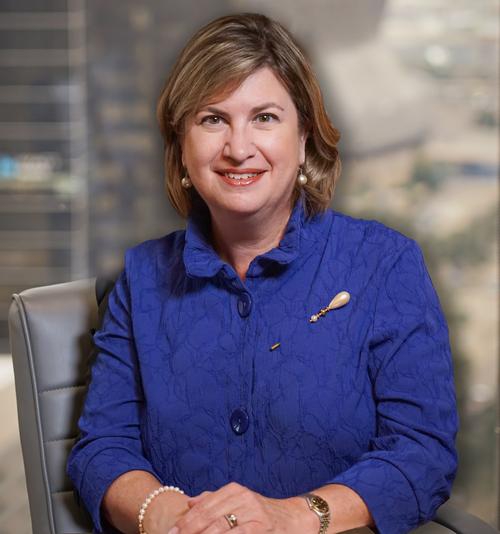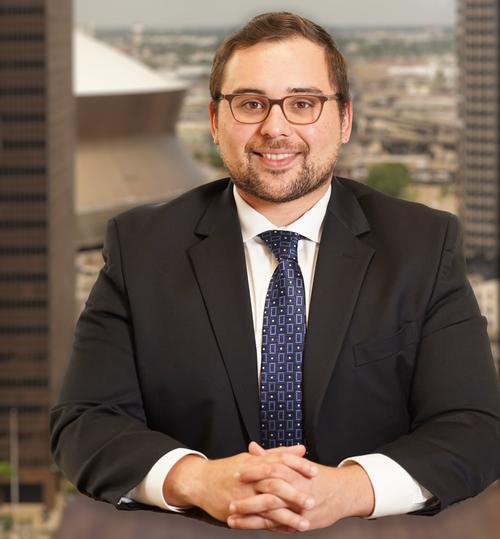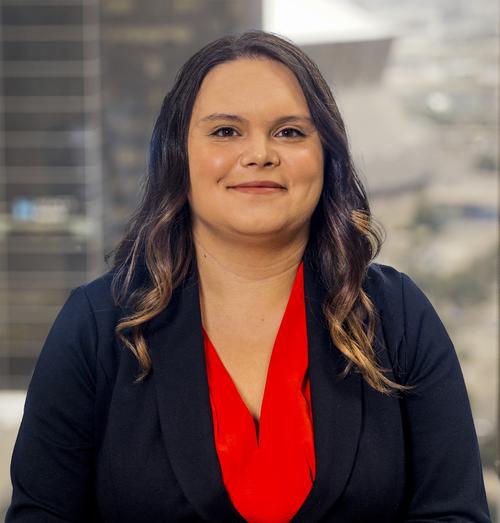In many cases, debts must be paid before heirs can receive estate property in Louisiana. As an estate administrator or potential heir, you may want to know what debts are paid from a decedent's estate and the order in which they get paid. That way, you can comply with Louisiana law and help minimize stressful and costly creditor disputes. .jpeg)
What Are Estate Debts?
Estate debts may include debts the decedent incurred during their lifetime, debts that arose because of the decedent's death, and the estate's administrative expenses. Each succession is unique. Some include more debt and unique creditors than others. Some common types of estate debts include:
- Mortgages
- Car loans
- Credit card debt
- Medical bills
- Funeral costs
- Burial costs
- Estate executor or administrator fees
- Succession filing fees
- Succession attorney fees
- Expenses related to collecting, preserving, managing, or distributing the estate
Most people die with multiple forms of debt. For example, many people die with a mortgage on their home and bills from the illness or injury that caused their death. After their death, most people have some funeral or burial costs, and many people have succession costs.
There may be an obligation to pay debts fully. However, estate executors and administrators can only work with the money the estate has to pay those debts. Accordingly, Louisiana, like other states, has established a priority in which estate debts should be paid.
Prioritizing Payment of Estate Debts
Once all of the estate debts are identified, the creditors will be paid according to the priority established by Louisiana law. Generally, creditors with secured loans are paid from the property securing their loans. For example, if your loved one died with a mortgage on their residence, the mortgage holder has a secured interest in the property that was mortgaged. The mortgage holder has the first right to be paid from the proceeds of the sale of the home.
Of course, not all debts are secured. Without a secured interest or special privilege, Louisiana law establishes that debts should be paid in the following order:
- First, funeral expenses. If the funeral charges do not leave enough money to pay other creditors, a judge may reduce the funeral costs to a reasonable rate considering the decedent's "station in life."
- Second, any legal charges. Legal charges refer to court costs.
- Third, expenses related to the decedent's last illness. This refers to any medical costs related to the illness or injury that resulted in the decedent's death.
- Fourth, the wages of any servants.
- Fifth, the suppliers of any provisions.
- Six, the salaries of clerks, secretaries, and others in similar positions. This privilege extends to any wages or compensation not received within the last year.
- Seventh, the thousand dollars to the surviving spouse or minor children. If a surviving spouse or minor children are left without a thousand dollars in their own right, they may receive money or property that values one thousand dollars.
Additionally, debt that is not tied to specific property, such as credit card debts, should be paid from the estate funds.
The Estate May Need a Succession Lawyer
All creditors want to be paid. As a potential heir, you do not need to worry that you will be required to pay anything above and beyond what you inherit. Your personal finances are safe from the decedent's creditors, unless you were a cosigner to the debt.
Before estate debts are paid:
- All creditors must be identified, and all debts must be valued
- All assets must be identified and valued
- The priority of debts must be established
- The estate executor, the estate administrator, or the court must decide how the debts will be paid
You don't want to make a mistake that could result in estate litigation. Accordingly, if you have any questions about paying estate debt or administering the estate, we encourage you to contact our experienced Louisiana succession lawyers and get started on your case today.
|
Related links: |












